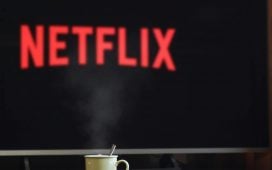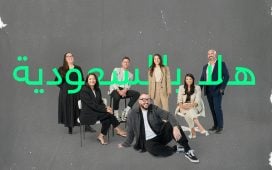Rabah Assaf, Managing Director – MENA, Influencer.com talks about the impact of creators
In an increasingly interconnected world, countries are turning to an unlikely yet powerful ally in their quest to bolster national and regional marketing and tourism efforts: content creators.
These creators, who wield influence over vast online communities, are proving instrumental in shaping cultural narratives, promoting major events, and driving tourism.
The Middle East, particularly Saudi Arabia, has emerged as a leader in this trend, leveraging the reach and relatability of creators to humanise and amplify their national
To continue reading this article you need to be registered with Campaign. Registration is free and only takes a minute. Register Now or sign in below if you already have an account.
Tags:AdvertisingAlUla projectscreatorsDepartment of Economy and TourismDestination marketingDiriyahExpo 2020Fifa World CupinfluencerInfluencer marketingInfluencer.commarketingMDL BEASTMiddle EastQatar National Tourism CouncilRabah AssafRed Sea GlobalRiyadh SeasonSaudi ArabiaSaudi focusSaudi Tourism AuthoritySaudiFocusTikTokTikTokerstourismvisit saudiYouTubeYouTube vloggers









